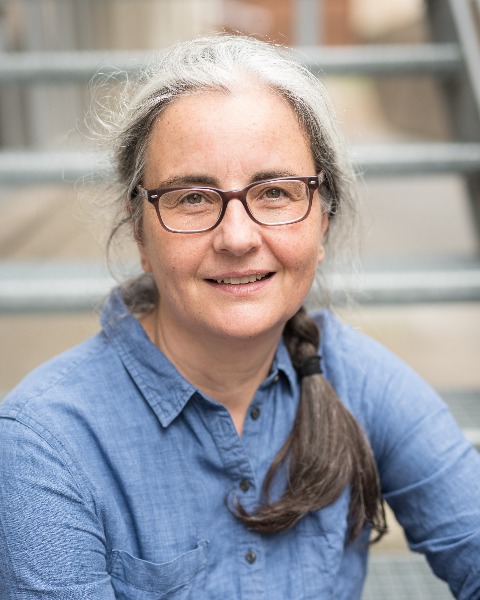Member Symposium
Welfare of managed honey bees - an approach for sustainable health

Claudia Garrido
Founder
BeeSafe - Bee Health Consulting for Agriculture and Veterinary Medicine
Hamm, Nordrhein-Westfalen, Germany- LB
Laura Bortolotti
Research Center for Agriculture and Environment
Bologna, Italy - RB
Robert Brodschneider
University of Graz
Graz, Austria - JE
James D. Ellis
Professor
University of Florida
Gainesville, Florida - CJ
Cameron Jack
Assistant Professor
University of Florida
Gainesville, Florida - AF
Antonio Felicioli
University of Pisa
- AM
Andrea Martini
University of Florence
Florence, Italy - FS
Fabio Sgolastra
University of Bologna
Bologna, Italy - LS
Lars Straub
University of Bern
Bern, Bern, Switzerland - ST
Stefano Turillazzi
University of Florence
Florence, Italy - Jv
Jozef van der Steen
Alveus AB Consultancy

Geoffrey Williams
Assistant Professor
Auburn University
Auburn, Alabama- AN
Antonio Nanetti
Research Center for Agriculture and Environment
Bologna, Italy
Presenting Author(s)
Co-author(s)
Honey bees (Apis mellifera) are managed animals, sometimes even considered the “third-most important”. On the other hand, welfare aspects are often not considered in beekeeping practice. In addition to the general challenges to transfer welfare concepts to invertebrate animals, honey bee colonies are considered “superorganisms”. Individual bees do not display the complete behavioural and ecological range of the species. The colony acts as a functional entity, which also influences considerations on their welfare.
The high resilience of honey bee colonies against disturbances probably led beekeepers to overlook colony welfare for a long time. Nevertheless, increasing issues with colony losses, emerging parasites and diseases, are causing economic impact on honey production and crop pollination. Following the approach established for vertebrate welfare, we propose a new concept for managed honey bee colonies. It focusses on nutrition, environmental stressors (i.e. modern agriculture and global warming), as well as propositions for better practices for maintaining bee health.

